Political positions of CIPRA International

Transport and mobility in the Alps
In its new 40-page position paper, CIPRA outlines sustainable mobility in the Alpine region with the least possible negative impact of transport on the environment and people. In addition to travel, the paper also addresses commuter traffic, long-distance traffic and freight transport - supplemented with facts, concrete measures and good examples.

Hydropower in the Alps
How much hydropower use is environmentally compatible and ecologically sustainable? This question has been on the minds of people in the Alpine region for decades - all the more so against the backdrop of the urgent need to move away from fossil fuels. There are currently around 21,000 hydropower plants in operation in Europe, 300 under construction and over 8,500 in the planning stage. In many places, climate change with its imponderables such as extreme floods is being countered with more dams and walls, although river widening, for example, would make more ecological sense.

Alpine landscape is not renewable!
Landscape is a key to negotiating social and political issues. CIPRA has taken up these issues as part of its Alpine-wide priority theme “Landscape” 2019-2020. This position paper, which was developed in a broad and participatory process with CIPRA representatives, young Alpine women and experts from all Alpine countries, is the conclusion of this priority theme.
News on Alpine Politics
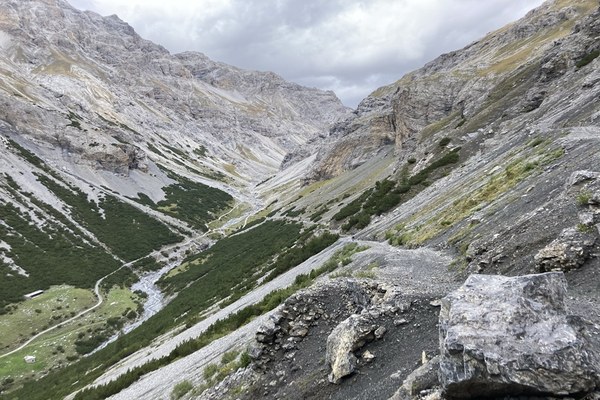
Sophie V. Mahlknecht, CIPRA International
Protecting Alpine biodiversity
In September 2024, CIPRA launched two innovative Interreg projects: LiveAlpsNature and AlpsLife. These projects are helping to protect biodiversity in the Alps and meet the growing challenges posed by the climate crisis and intensive tourism.
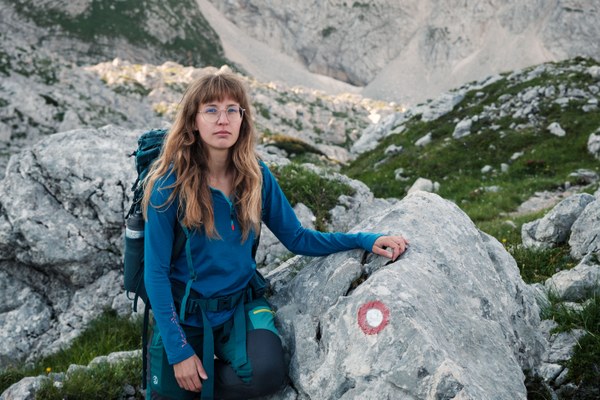
Dijana Čataković
Point of view: Let’s prioritise youth over tourism
We want young people to stay on the land, but the demands of tourism, high property prices and the landscape as an object of speculation make this difficult. We talk about the fight against the climate and biodiversity crisis, all while shopping centres and business parks are being built in the countryside. Environmental protection and solutions to the housing crisis should be prioritised, as this would also be in the interests of young people, says Dijana Čataković from CIPRA Slovenia. She asks: Who else will be able to live in the Alps and afford to live there?
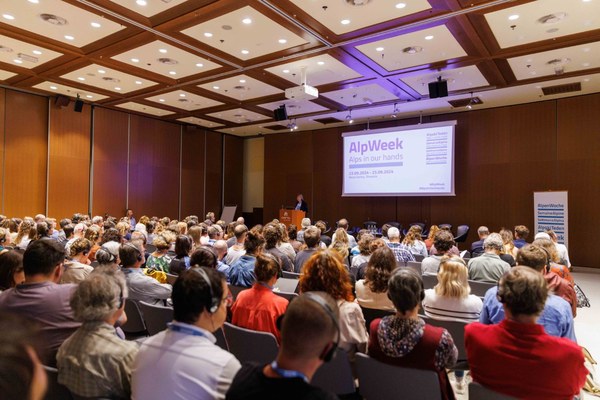
Caroline Begle, CIPRA International
AlpWeek 2024: time for action
A look back, a look forwards: twenty years after the first AlpWeek, the eighth edition of the international conference brought over 200 people to Nova Gorica/SL to discuss what is important in the development of the Alpine region.
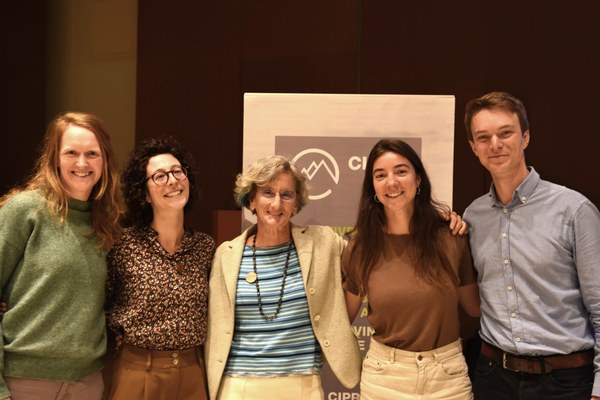
Michael Gams, CIPRA International
New faces at CIPRA
CIPRA's delegates elected Uwe Roth from Germany as the new President. The Board is becoming younger and more female.
Standpunkte der CIPRA
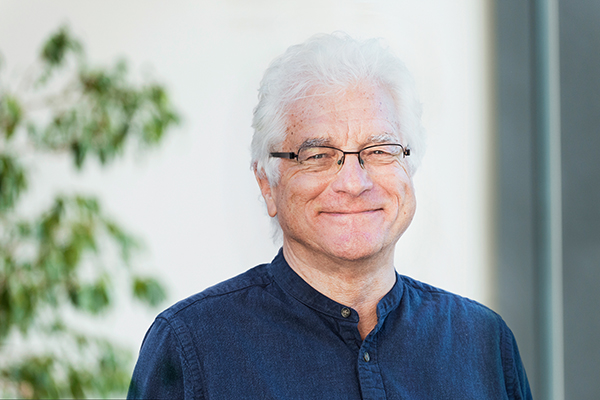
alpMedia
Point of view: Europe and its Alps
The fundamental question facing the direct elections to the European Parliament in May 2019 is: hat is the outlook – in Europe and in the Alps – for democracy and “good governance”? Erwin Rothgang, Vice-President of CIPRA International, argues for new forms of co-operation.

alpMedia
Point of view: Don’t mess with our future!
The climate crisis is a reality – and it is by no means the only environmental problem looming. Luisa Deubzer of the CIPRA Youth Advisory Council calls for a rethinking on the part of society. In late November 2018 the 24-year-old gave a fiery speech before politicians and young people at the Eusalp Forum in Innsbruck, Austria.
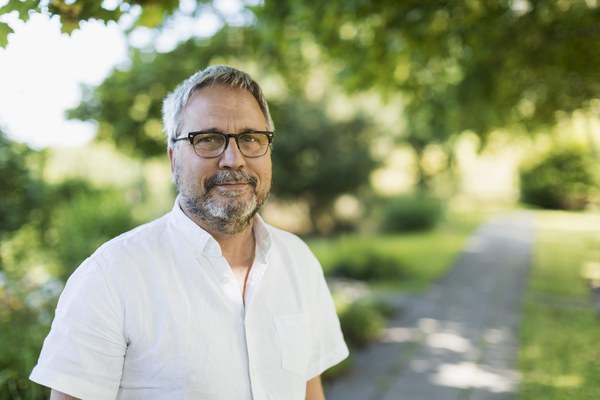
alpMedia
Point of view: Burning with love, not hate
The climate crisis and nationalism are the two greatest threats of our time, says Kaspar Schuler, executive director of CIPRA International since June, on the occasion of the 30th anniversary of «Fire across the Alps».